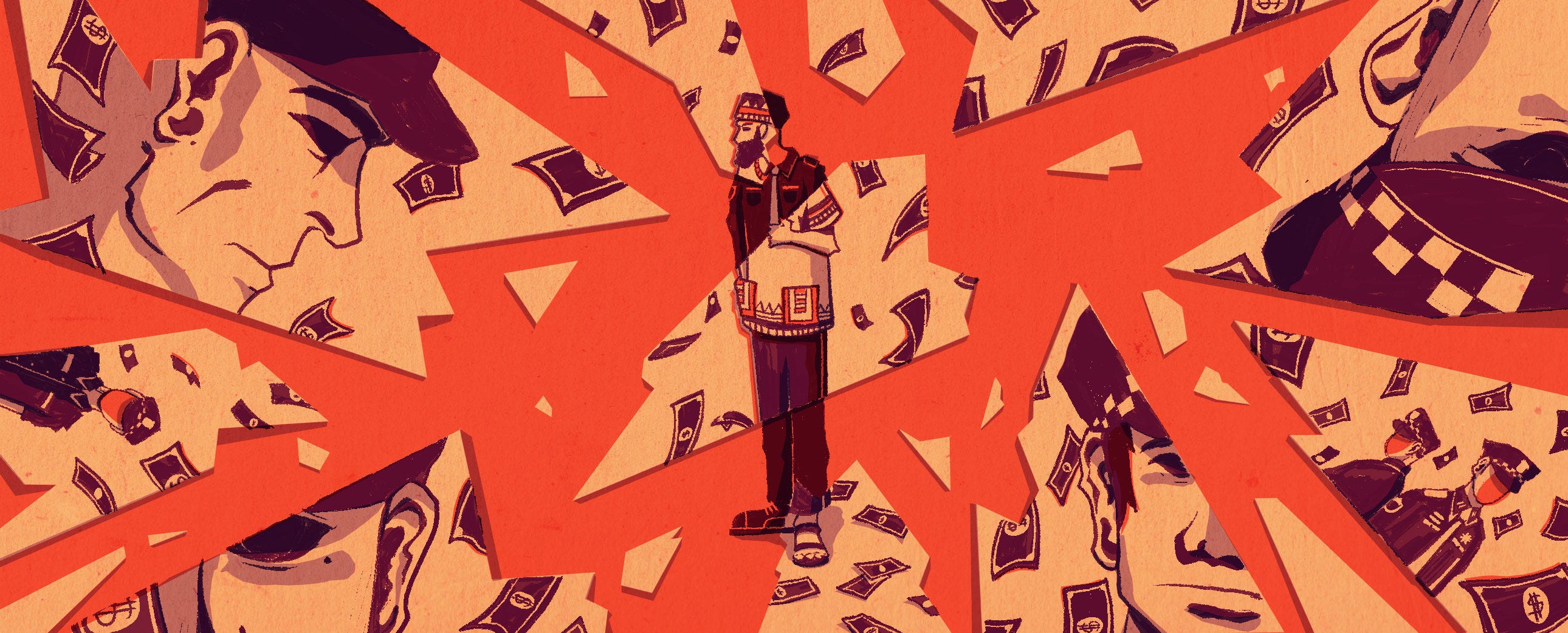The Gutsy Undercover Cop Who Took Down Chicago P.D.’s Most Crooked Crew
A Black sergeant was the only one willing to take on a risky FBI mission targeting drug-dealer-extorting cops. He reveals how he did it—and why it was shut down before he got to the white guys.
When I first heard about this investigation a few years ago, I was immediately blown away: A cop going undercover to investigate his own colleagues? It was like some kind of cross between Serpico and Donnie Brasco. And when I learned the particulars of the case, it was every bit as daring and cinematic as I had anticipated. I knew I had to find a way to tell the story.
—David Howard
Standing in the bathroom of the 15th District precinct, Silky pulled off his shirt and dropped his pants as the cop stood in front of him, watching closely. Silky was anxious, of course, and worried: Getting dragged into the police station — especially this police station — was plenty dangerous. At least he wasn’t wearing a wire, which was what the cops were looking for.
But mostly, it was just surreal. He’d heard of or seen dirty cops do just about everything: steal, lie, plant drugs on people, pummel them. But a strip search? That was new.
Silky focused …


